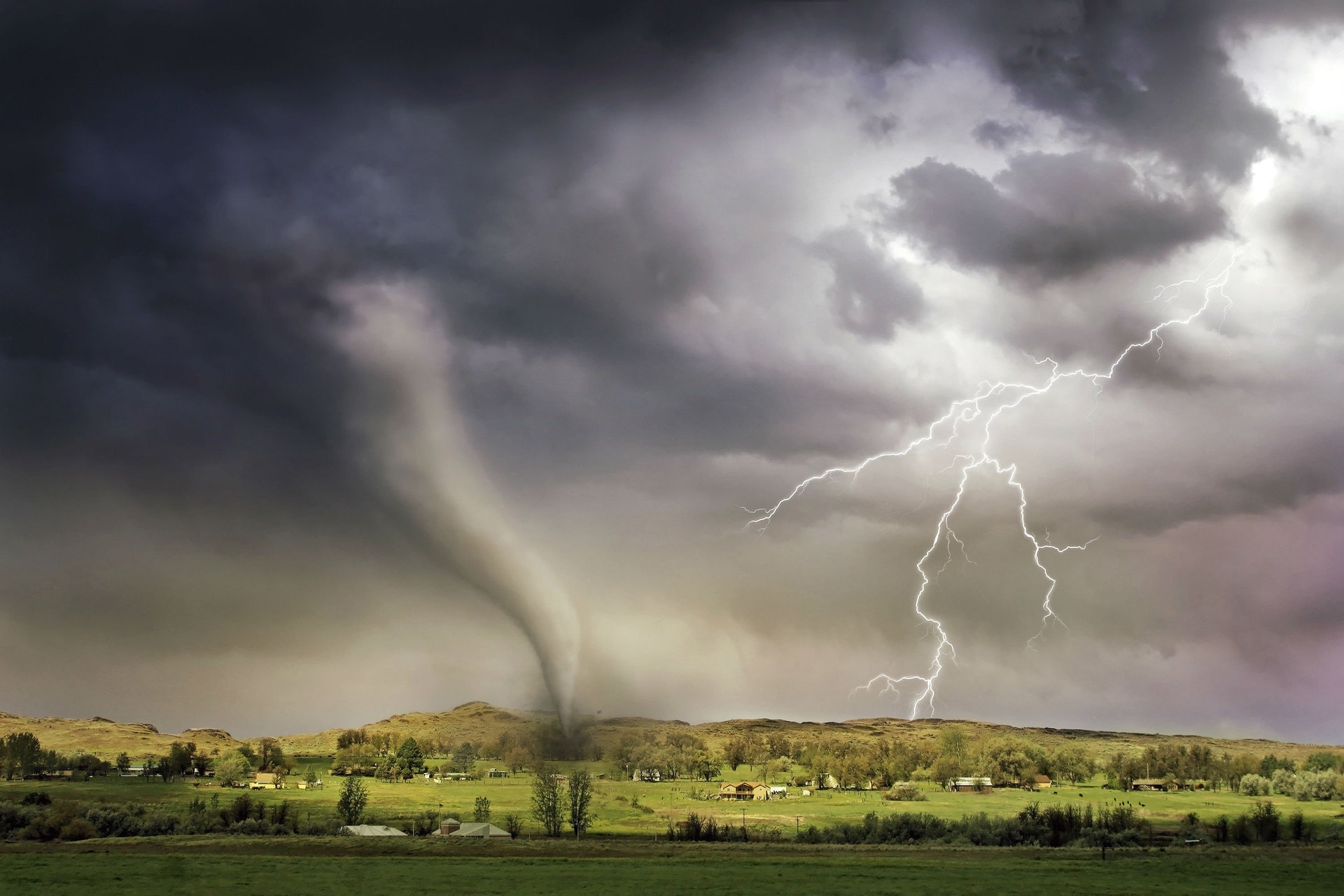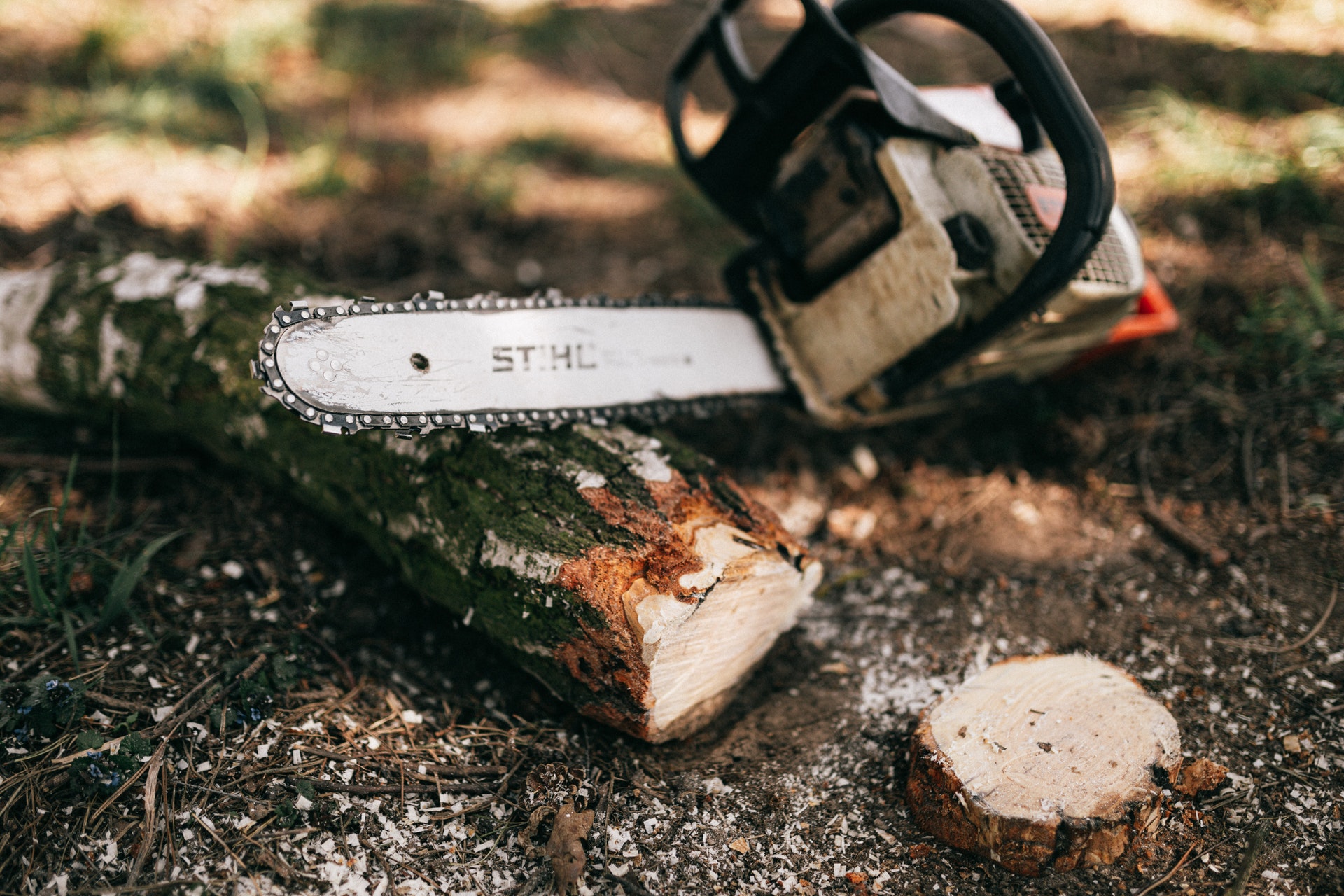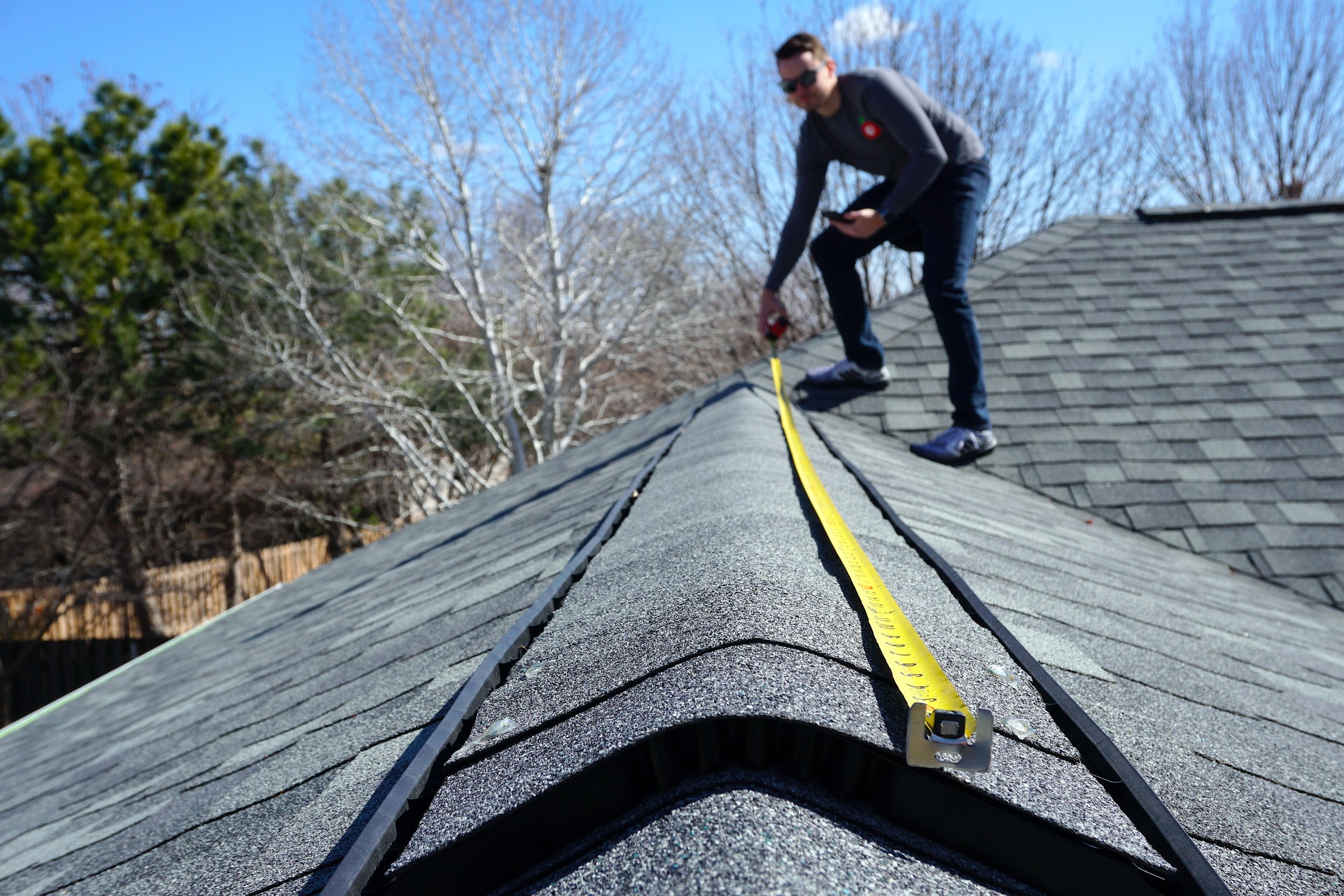Landlord Blog
Education and news for smart DIY landlords!
Get Your Home Ready For Extreme Weather and Natural Disasters With This 10-Point Checklist

Every year, climate change gets harder and harder to ignore. We notice that because ordinary downpours are now causing floods. Wildfires are spreading quickly and are harder to put out. Tornadoes and hurricanes are getting frequent and are more damaging. Droughts last longer than usual. And winters have more snowstorms and blizzards.
In a statistic, the United States alone received a total of 23 natural disasters for the year 2020 - second to Indonesia’s 29 disaster count. And the country is getting even more vulnerable every year to extreme weather and other forces of nature.
To survive these extreme changes in the weather, it’s common sense to stay inside the protection of our life’s greatest investment - our homes. But even our abodes won’t be a safe haven without proper preparation. What should you do to prepare your home for the extreme? Read on and find out.
1. Move stuff
Any lightweight outdoor objects should be taken inside. Toys, gardening tools, or lawn furniture can be carried off by strong wind and that could break your walls, windows, and doors if they collide.
2. Turn the fridge and freezer to the coldest setting
In case of a power outage, setting your fridge to the coldest setting in advance will thicken the ice inside, preserving your food for longer durations. It’s also important to own a gas-powered generator and have a few gallons of fuel prepared.
3. Clear tree limbs and trim leaves

Like outdoor objects, tree branches can damage your home’s exterior surface if blown away by the wind. Leaves can also cause your gutter to clog and collapse due to the weight of falling heavy rain. Look for rotting and thin branches then saw them off.
4. Clear gutters of debris
Speaking of gutter blockage, ensure a free flow of rainwater during the initial periods of a storm by sweeping off the leaves and twigs off your roof and gutters.
5. Brace windows and doors
Windows are the most vulnerable part of your home. If they break, the broken shards won’t just cause fatal accidents but will also provide lift and pressure to have your entire house blown off the ground. Invest in impact or wind-resistant models. The same goes for your garage door.
Additional tips for all your doors and windows: Install weather stripping to prevent snow, rain, and other sorts of nastiness from coming in and nail marine-grade plywood to your windows for a tornado warning.
6. Perform a roof inspection

Make sure all your roof tiles are perfectly glued to the subflooring. You don’t want to discover a dripping attic as you get cozy during extreme weather. The dripping will also cause molds to grow which will be a huge hassle later on.
7. Have a GO-bag
I cannot stress the need of having a GO-bag enough. Every household must have at least one. A go-bag should contain a first-aid kit, flashlight, batteries, radio, hygiene kit, power bank, phone charger, money, whistle, and emergency clothing. There are more things your GO-bag should have, refer to this list.
8. Review evacuation plans
You must have an evacuation plan for any type of disaster. Discuss with your family what you should do in case of a hurricane, earthquake, blizzard, tornado, wildfire, and other deadly forces of nature.
9. Store non-perishable goods
Food and water are the most important items to have in the event of an emergency. And they should survive for a long time even if they’re submerged in water, buried in snow, or under rubble. Without a stockpile of non-perishable goods, you would find it hard to survive for a few days. Read this list to buy the best foods for extreme circumstances.
10. Get a home insurance

Lastly, in case everything does indeed go south, having insurance for your home will guarantee you can afford to start again or resettle somewhere else. Usually, a home insurance costs $120 a month and you’ll thank yourself for paying when a disaster occurs.
Extreme weather and natural disasters don’t happen all the time. But when they do, they come when you least expect it. So better be safe than sorry. You can do so by being prepared. Use this checklist as your guide.
Want more good reads? Check out these articles!
